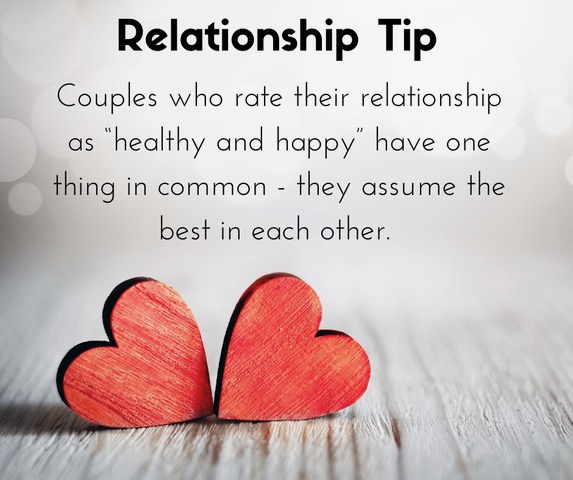As Valentine’s Day approaches, here are some relationship tips to help your relationship with your loved ones thrive. These are applicable for a romantic relationship or a child or other family member.
- Greet your partner right
- Show your partner that he/she is valued and important by stopping what you’re doing when you greet each other after being apart. Make eye contact and connect physically in some way. (Have you ever asked your spouse hours after they’ve arrived home if they got a haircut that day?! It’s easy to go hours in the same room with someone without looking at them. Be intentional to make eye contact and connect physically in some way, either that be a hug, kiss, or quick pat on the shoulder.)
- Study your partner
- Even if you’ve been together for many years, never stop learning about and studying your partner. Study his or her routine and look for at least one way you can take care of something for them, or add something that would make their life better this week. It doesn’t have to be big or elaborate. (Do you know how your spouse takes his/her coffee? If not, it’s time to learn!)
- Communicate wisely
- Easier said than done, but don’t interrupt! Listen without constantly thinking about your next response. Listen to understand rather than to respond. Use active listening where you can offer support and empathy. Apologize without “but’s.” Anytime you follow an apology with “but,” it negates everything you just said before.
Relationship experts John and Julie Gottman say that it isn’t large, grand, elaborate gestures that make relationships successful and happy, but instead the small, seemingly insignificant ways you show you care more often. The happiest and healthiest relationships consistently treat each other with kindness and small ways often. Look for ways to show those you care about that they’re important to you.
- Easier said than done, but don’t interrupt! Listen without constantly thinking about your next response. Listen to understand rather than to respond. Use active listening where you can offer support and empathy. Apologize without “but’s.” Anytime you follow an apology with “but,” it negates everything you just said before.

When interpreting your partner’s actions and words, be intentional to actively believe they’re coming from a positive place instead of jumping to negative assumptions. Doing this will help build trust, create an atmosphere of open communication, and reduces negativity.
- Be sure to ask clarifying questions when you’re unsure of the motive. Your partner could have been having a bad day and didn’t realize their tone was hurtful, for example.
- Give your partner the benefit of the doubt. When your partner makes a mistake, choose to assume it was unintentional instead of a deliberate act intended to hurt or upset you.
- Focus on the positive things you see in your partner. Relationship expert John Gottman calls this “positive sentiment override” and it means focusing on your partner’s strengths and positive qualities. Every person and every couple has flaws. Happy couples choose not to focus on the negative, but instead intentionally think about and recognize the positive aspects of their partner and relationship.
Sue Johnson, the creator of Emotionally Focused Therapy (EFT), emphasizes the importance of emotional connection and responsiveness between partners for a healthy, lasting relationship. According to her, it’s not just about love but about creating a secure emotional bond that allows both partners to feel safe, valued, and understood. Relationship thermometer: how connected do you feel to your partner? If the answer is not good, be intentional to create time and space without distractions to connect. Your smart phone can be the biggest prohibitor to emotional connection, so be sure to put the phone away!